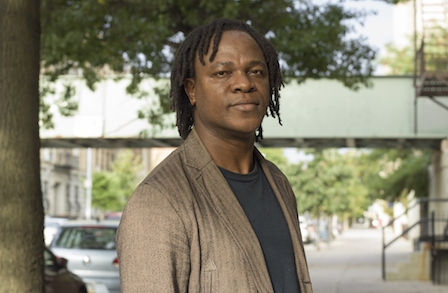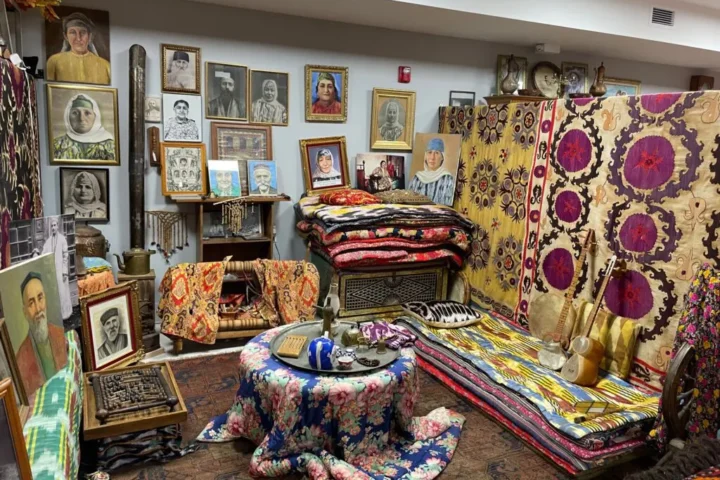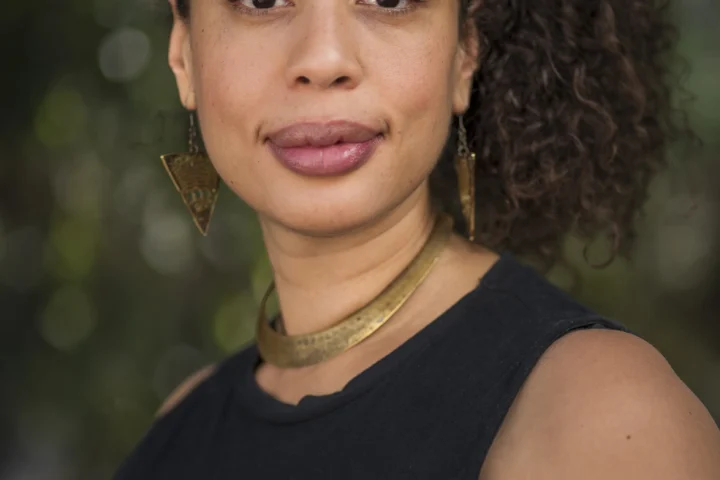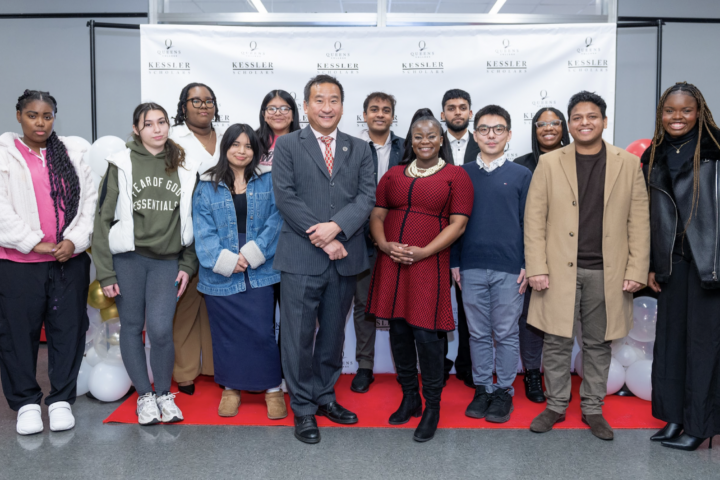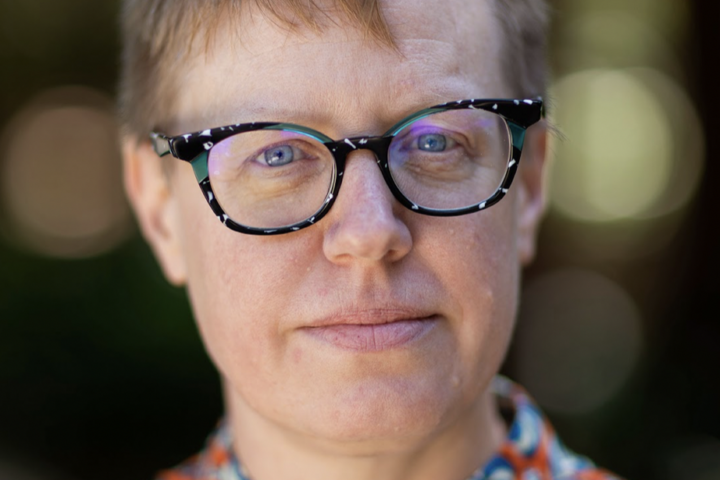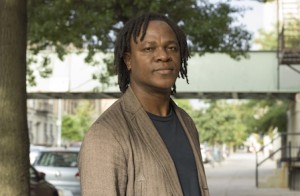
English Professor Uche Nduka connects everyday experiences to art and his creative process.
From the time Uche Nduka grew up in Nigeria, he always felt imaginative. This, along with an appetite for literature, led him toward a career in writing.
Now he is an English professor at Queens College and believes an artist’s life should reflect his work.
“From the moment I wake up in the morning, I leave myself open for inspirational things to come to me,” Nduka said.
Nduka draws inspiration from everything. His thoughts, dreams and conversations are eventually written down.
“You, as an artist, are a vessel through which things come. It’s not all the time you decide what to write about. People think you have to write about politics, about dictators, about religious fundamentalist [and] about crises,” Nduka said. “I feel as a human being, I am open to the heritage of humanity, and that means I can also write about pleasure, joy and beauty.”
Nduka wrote poetry books like Flower Child, released in 1988, and Ijele, released in 2012. He also won awards like the Association of Nigerian Authors Poetry Prize in 1997.
During his career, communities of artists have always supported him. He is friends with playwrights, songwriters, musicians, poets and filmmakers.
In Nigerian literature, writers like Chinua Achebe wrote to protest a corrupt and oppressive military government. But Nduka refused to write about them. He does not believe art should preach. Rather, it should share discoveries with other people.
In 1994, Nduka left Nigeria and traveled to Germany for a fellowship at the Goethe Institute. In 1997, he moved to New York and found a new outlet for his creativity.
Nduka’s experience in New York was different than in Germany. In Germany, the art was quiet, reflective and brief. In New York, it was lengthy, brash and colorful.
“As soon as I arrived, I was kicked awake by New York. I find New York wildly inspirational. There is a high level of artistic energy here. Artists here feel that the environment gives them the ability to reinvent yourself,” Nduka said.
Teaching also helps with his creativity.
“I believe that when you are teaching you are learning from those that you are sharing that space with. When you are standing in front of students, ideas tumble out that you didn’t even know you had,” he said.
Joshua Lichtman, a junior studying international business, took his Nduka for a class and felt the professor’s ideas on art were connected to his teaching style.
“Professor Nduka takes the creation of art really seriously. I feel creatively challenged, and this has helped me do this things I didn’t think I could,” Lichtman said.
Nduka recommended new artists to think about their work before creating it.
“I would like young people to focus on the work involved in creating and who they are as individuals. Don’t be distracted by the celebrity culture and the materialistic culture of America that wants you to be a saleable product and not someone who speaks from the soul,” Nduka said.


